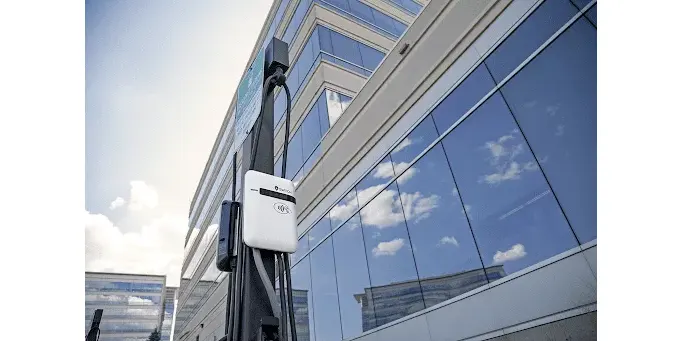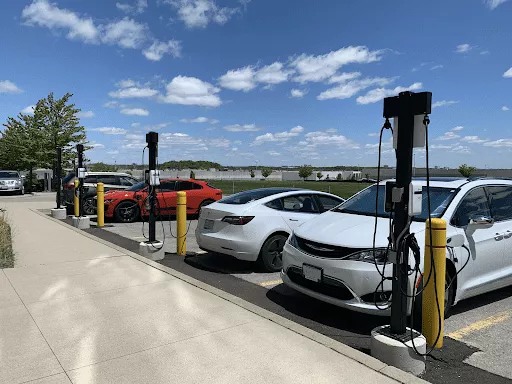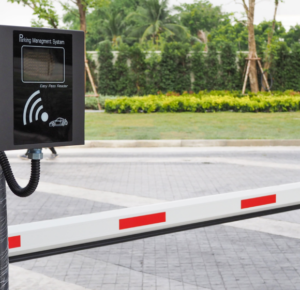Electronic Vehicle (EV) Charging Stations


Supporting the Smart City Infrastructure
We provide electric vehicle charging stations for your buildings for private or public use. From site assessment to installation and ongoing management, we’re your partners in multi-tenant EV charging. Our solutions are designed specifically for the multi-unit residential, workplace, commercial, and retail settings.
Our WorldStream Cloud Portal connects and “speaks” with EV stations and drivers, providing a seamless experience. Owners of buildings receive reporting, analytics, and real-time information. Drivers can create and manage their accounts.
What Are EV Charging Stations?
An EV charging station, or charge point, is equipment that is plugged into an electric vehicle so that it can restore its battery charge. The charging station is powered by electricity.
They are found in any place you might find an electric car. Such as gas stations, residential areas, malls, and even some casinos. They are designed specifically for EVs and cannot charge other electronic devices.
What Are the 3 Types of EVS?
There are 3 types of electric vehicles:
- Battery Electric Vehicle (BEV): These are solely powered y electricity and are much more efficient than hybrid EVs.
- Fuel Cell Electric Vehicle (FCEV): The electric energy this vehicle uses is produced through chemical energy, like hydrogen.
- Hybrid Electric Vehicle (HEV): There are two types of HEVs. HEVs and PHEVs (Plug-in Hybrid Vehicles). These have an internal combustion engine as well as a battery that can be charged.
- A normal HEV uses petrol for driving and for charging the battery when it is empty.
- A PHEV has an external socket, which means it can use an EV charging station. They are more efficient than HEVs.
Is Charging a Car Cheaper Than Gas?
Generally speaking, charging your car is much more affordable than filling up a car with gas. This also all depends on your location, though. For example, public EV charge stations are very cheap, but they charge very slowly. The cheapest option is a home EV charging station, where it’s only your electricity bill you need to worry about.
Placing EVs in a parking lot is a good idea, as few people will give up the opportunity to not charge their cars for the time that they are away from it. This can lure more people to your premises (if it’s public of course) and draw in more business at the same time.
How Long Does It Take to Charge an Electric Car at a Charging Station?
This all depends on the level of the EV station. The higher the level, the shorter the charging time. Level 1 chargers can take up to 50 hours, whereas level 2 chargers can take up to 10 hours.
With DC fast-charging EV charging stations, you might only have to wait up to an hour, as they charge faster.
All the above-mentioned are dependent on your electric car and its battery consumption.
Benefits & Features
- Site assessments, installations, and network management are all included.
- Our open-standards approach ensures you’re free to switch between hardware and software providers without risking your investment.
- Our software enables more chargers and drivers to be supported at a lower cost. We’ll ensure scalability as demand for charging grows.
- Simple Management for Owners. Our admin dashboard tracks relevant metrics, such as energy usage and revenue. Key features include charger access control, automatic billing, and payments, usage reporting & analytics, loitering enforcement, and customer & technical support.
- Easy access for drivers. They can create and manage their account, add funds, locate nearby chargers, activate chargers, and view transaction history.
For more information on electric vehicle (EV) charging stations, or any of our other products, contact LocoMobi World today!

Recent posts














